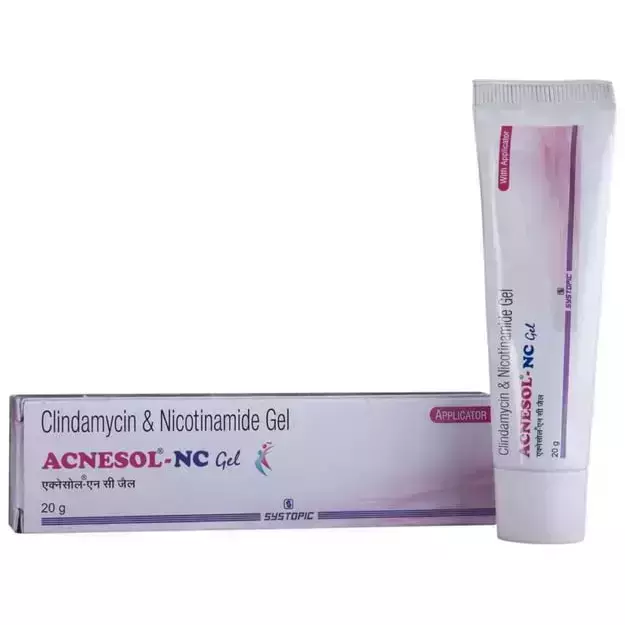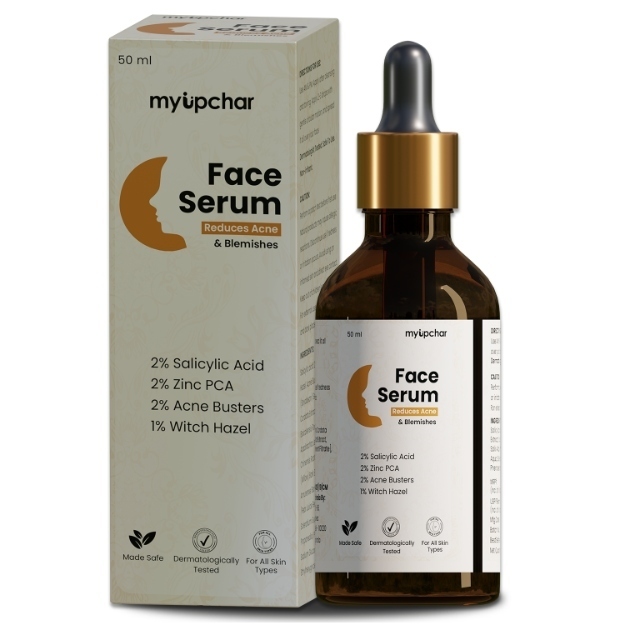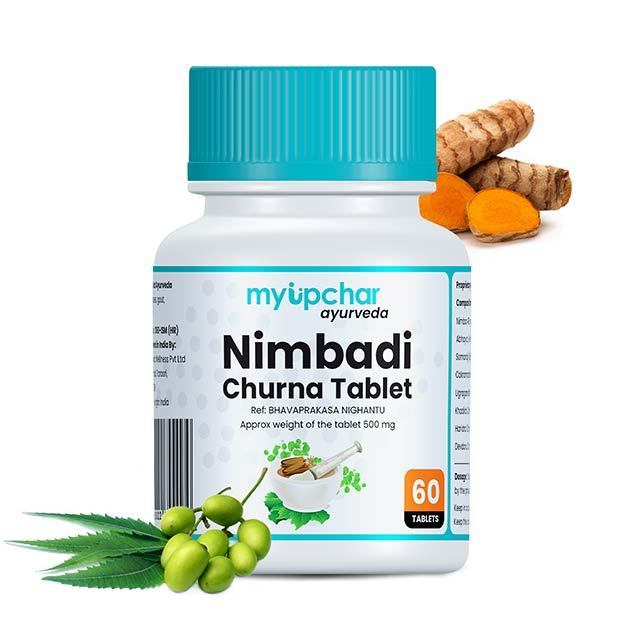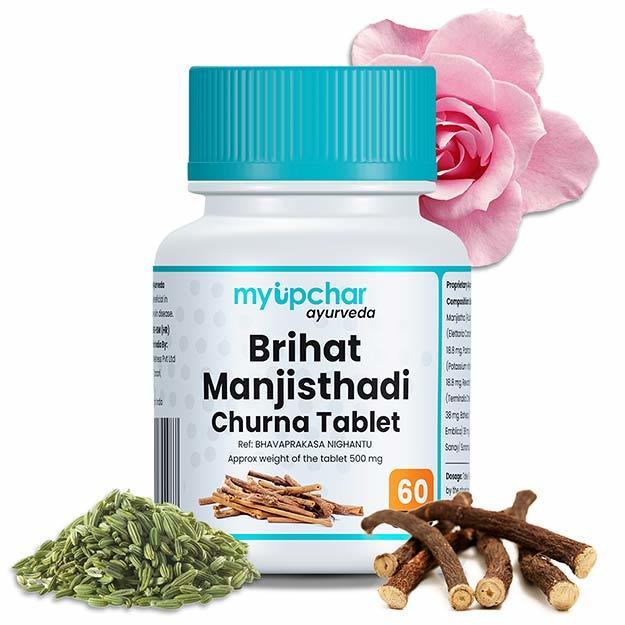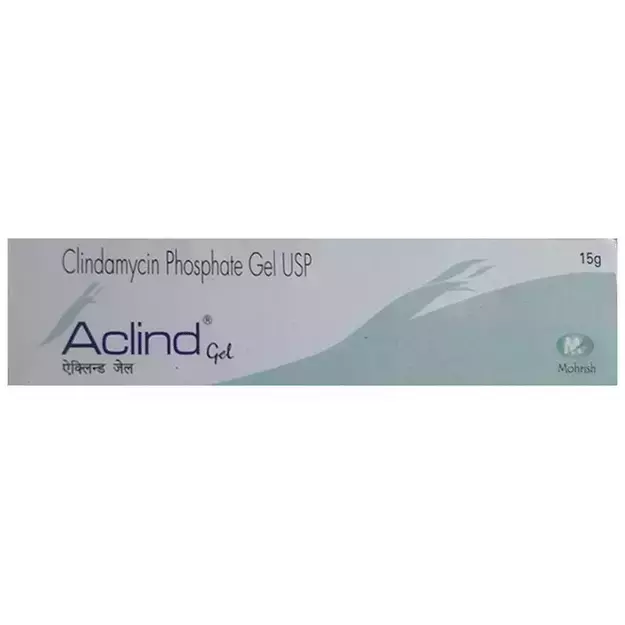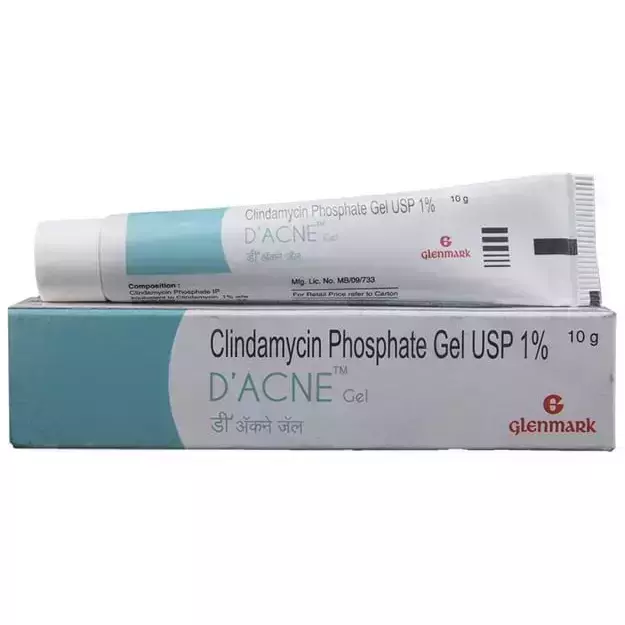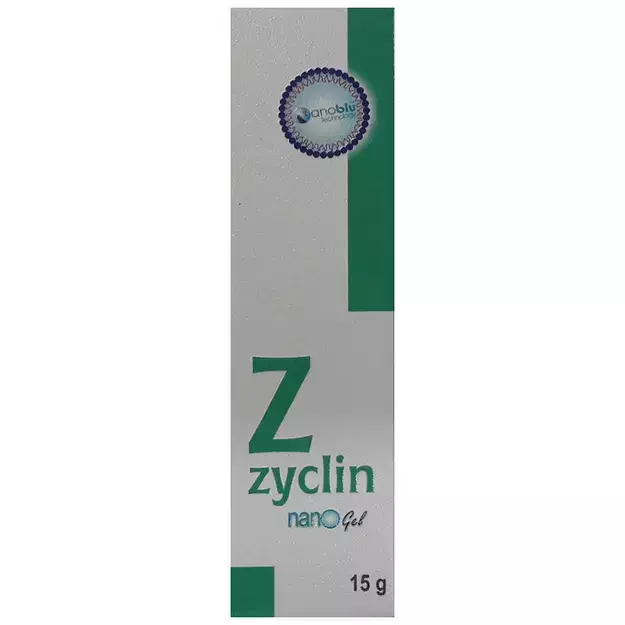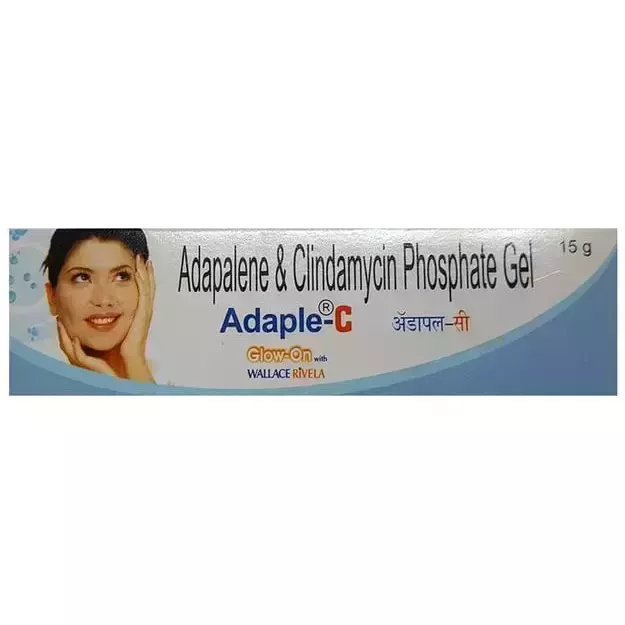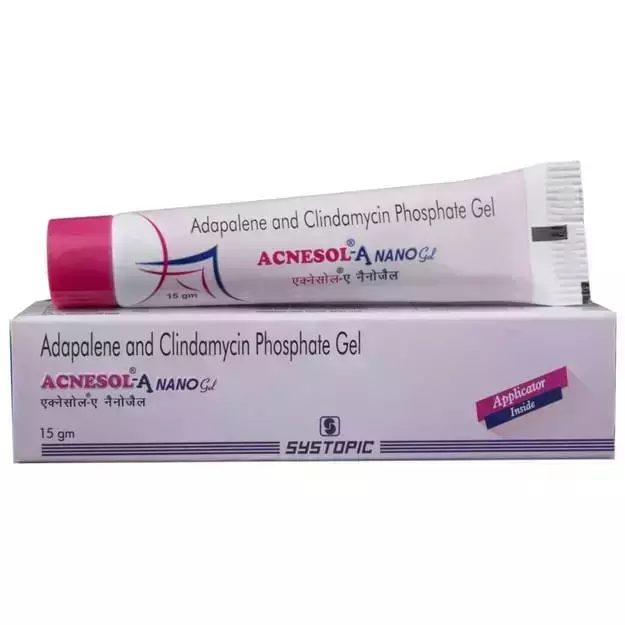Clinzer Gel is a prescription medicine that is available as a Gel. The alternative uses of Clinzer Gel have also been explained below.
The optimal dosage of Clinzer Gel is largely dependent on the individual's body weight, medical history, gender and age. Dosage also depends on the route of administration and your chief complaint for which the drug is prescribed. Detailed information has been provided in the dosage section.
Apart from the aforementioned side effects, Clinzer Gel can also lead to other problems, which have been listed below. These side effects of Clinzer Gel are usually temporary and subside with the completion of treatment. Please speak with your doctor if these side effects worsen or persist for a longer duration.
It is also important to note that Clinzer Gel has a Safe effect for pregnant women and Safe effect on lactating mothers. It is important to know if Clinzer Gel has any effect on the kidney, liver and heart. Information on such adverse effects, if any, has been given in the Clinzer Gel related warnings section.
Clinzer Gel is not recommended if you suffer from certain medical conditions as it can have adverse effects. Peptic Ulcer, Low Blood Pressure (Hypotension), Liver Disease are examples of such conditions. The section on Clinzer Gel contraindications lists all such conditions.
Additionally, Clinzer Gel may also adversely react with other medicines. A complete list of these interactions is given below.
In addition to the above precautions for Clinzer Gel, it is important to know that it is safe while driving, and is habit-forming.
X

